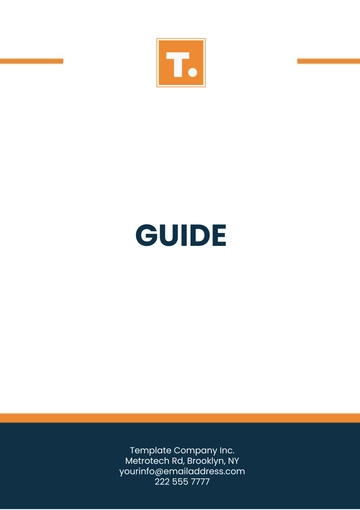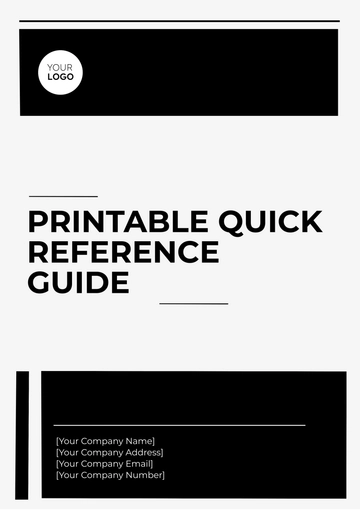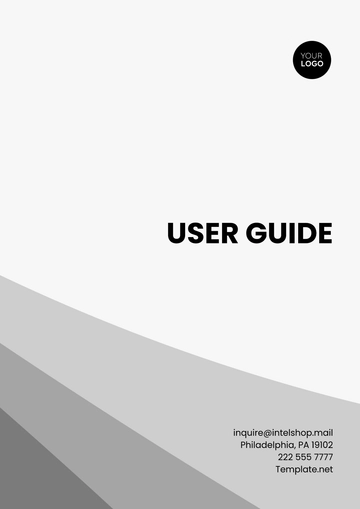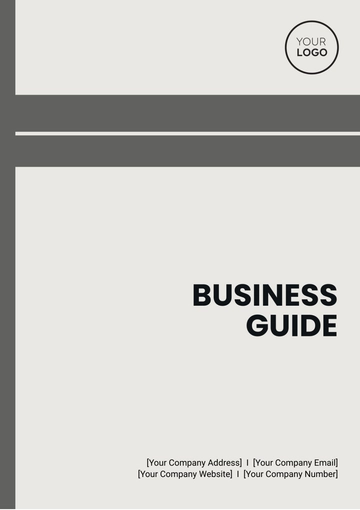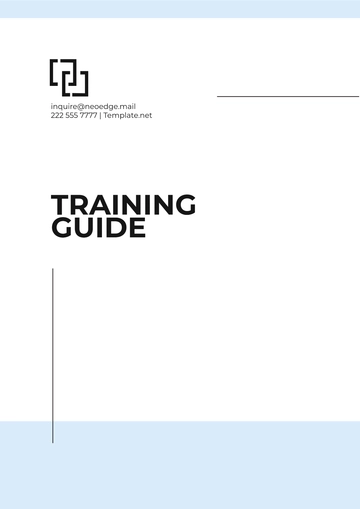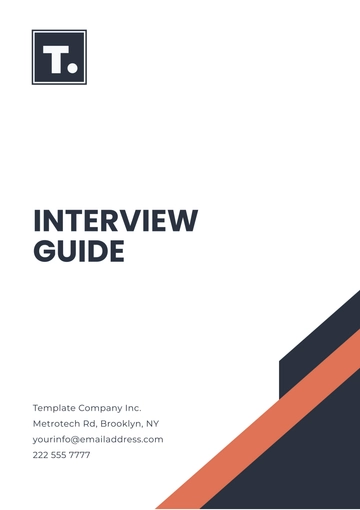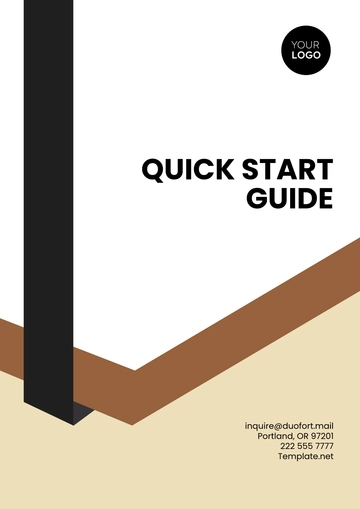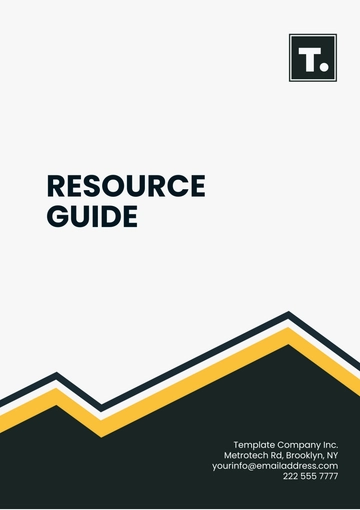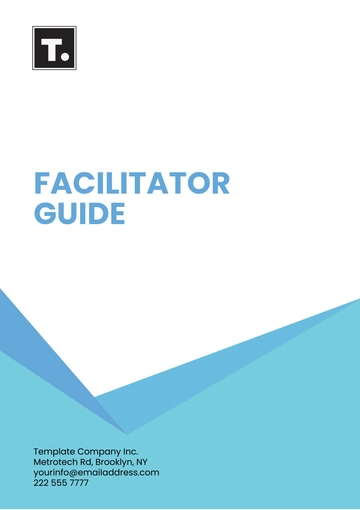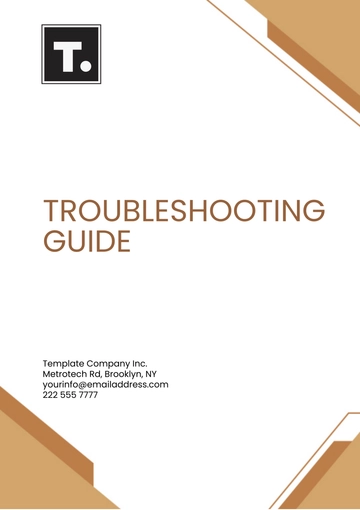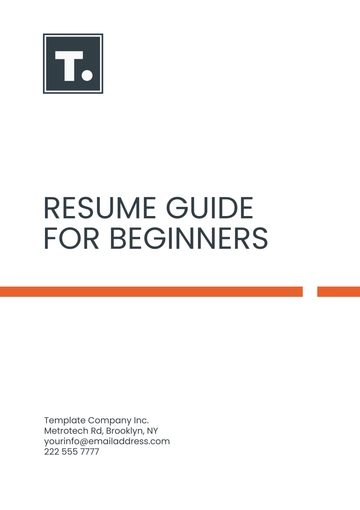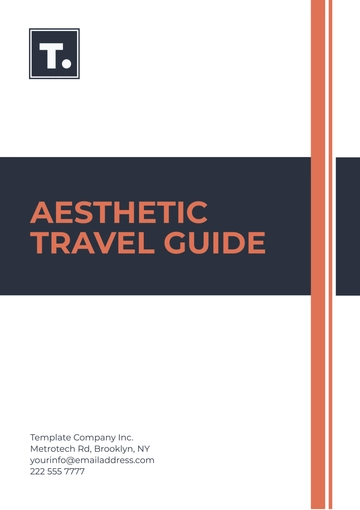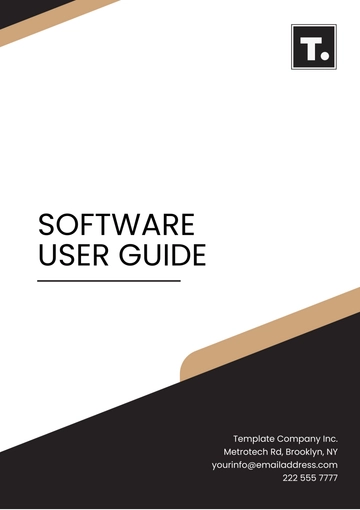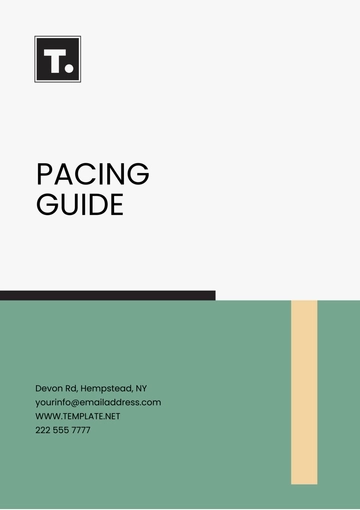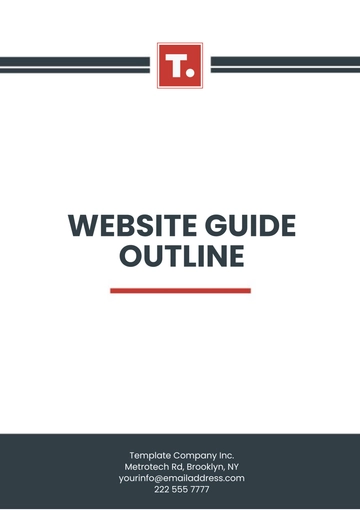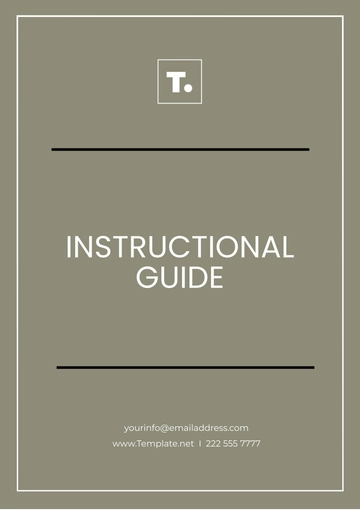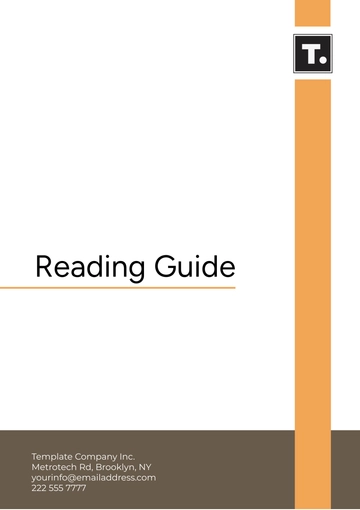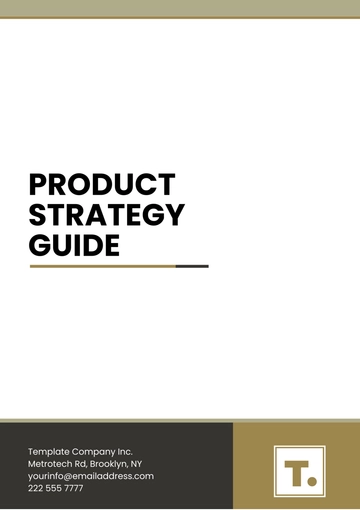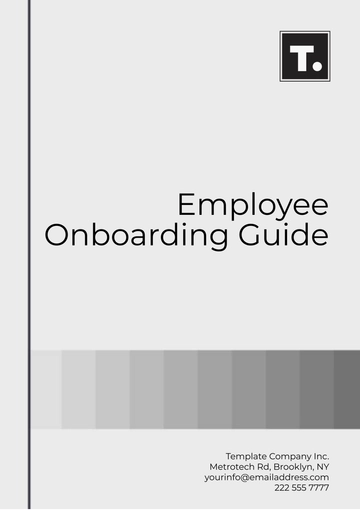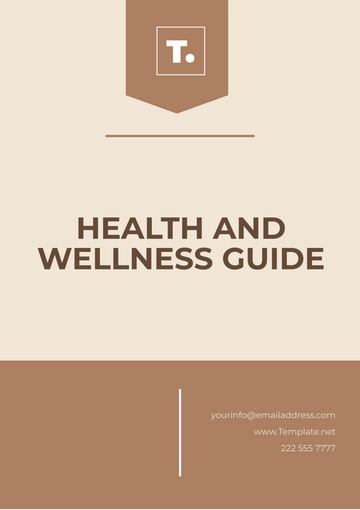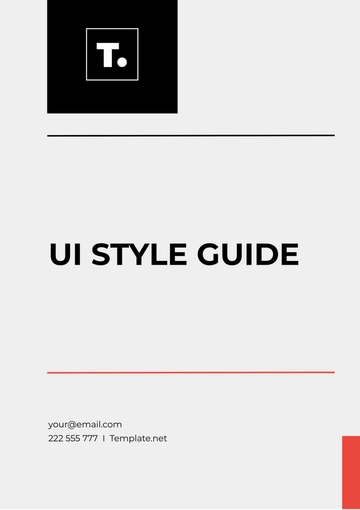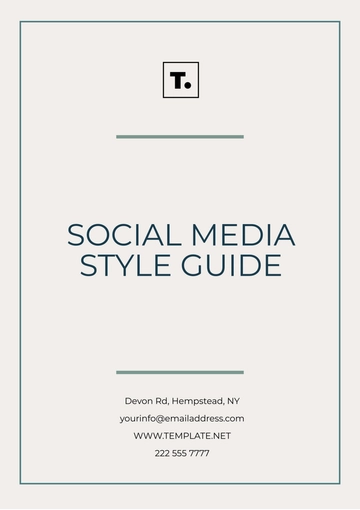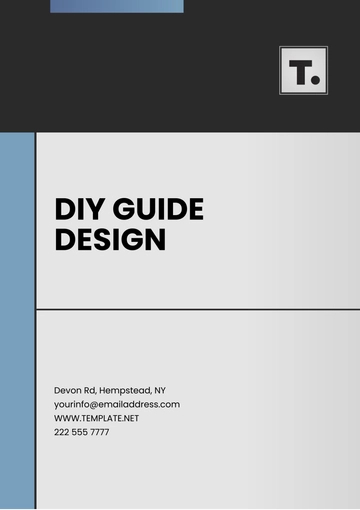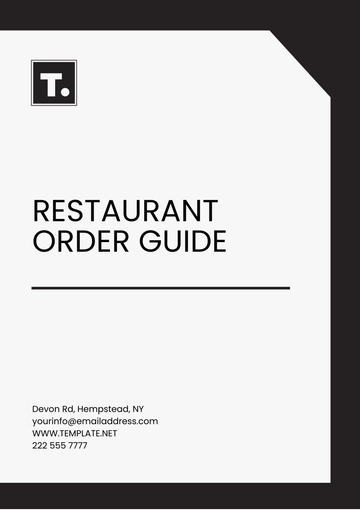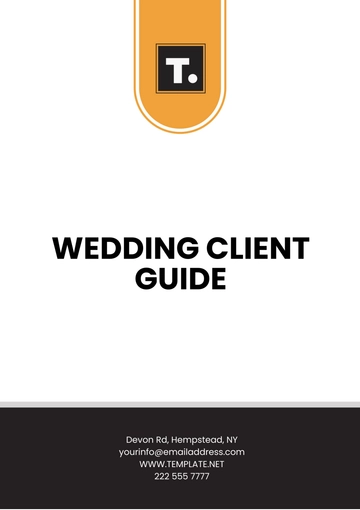Free Nurse Student Study Guide
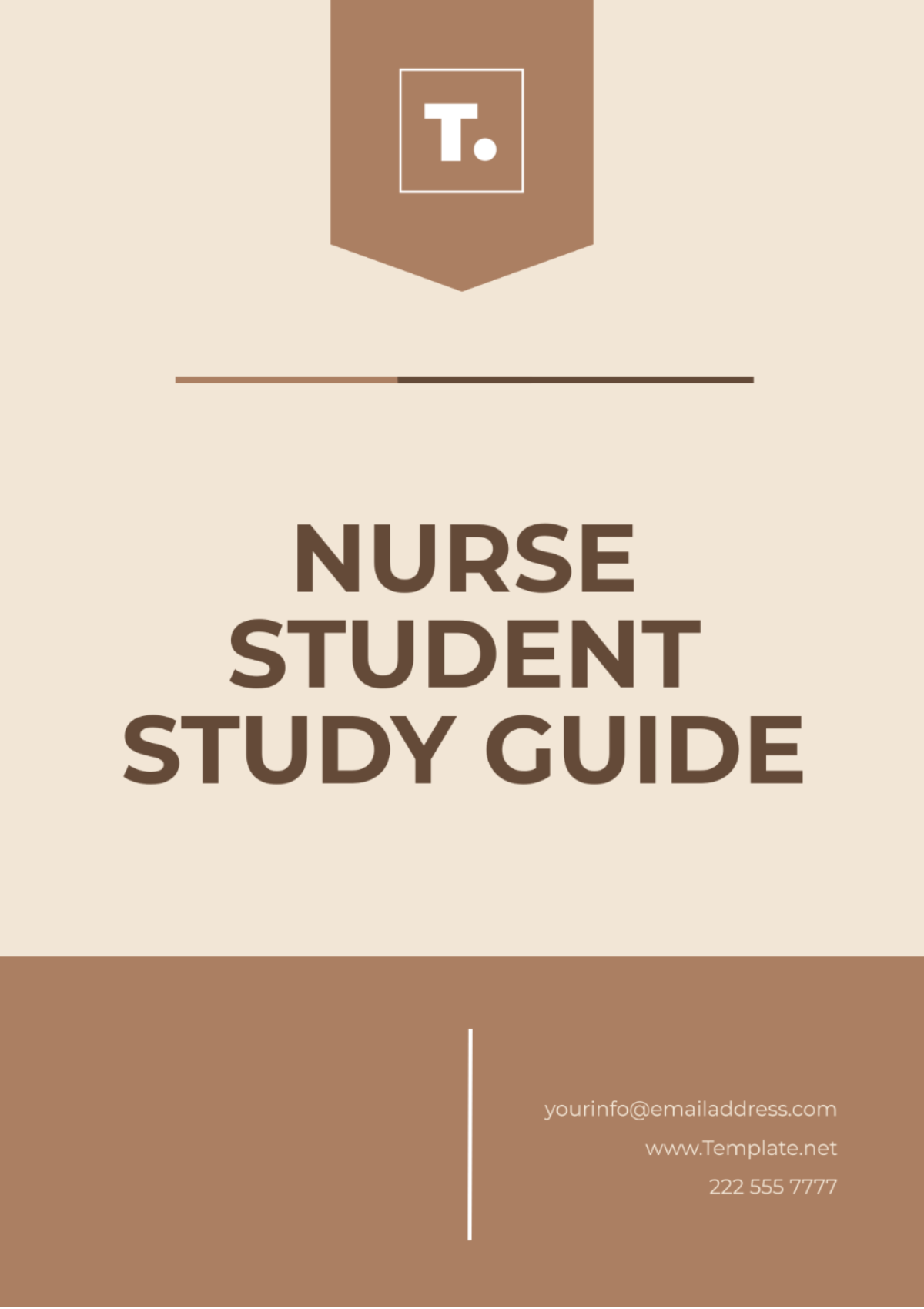
I. Introduction
Welcome to the [YOUR SCHOOL/ORGANIZATION] Nurse Student Study Guide! This guide is designed to assist you in mastering the key concepts and skills necessary for a successful career in nursing. Whether you're a [NURSING STUDENT/NEW GRADUATE], this guide will provide you with valuable resources to deepen your understanding and achieve your academic and professional goals. For any inquiries or further assistance, feel free to contact [YOUR CONTACT EMAIL] or call us at [YOUR CONTACT PHONE NUMBER].
II. Understanding the Nursing Profession
A. Role of a Nurse
Understand the diverse roles and responsibilities of a nurse.
Explore different nursing specialties such as [PEDIATRICS/CRITICAL CARE/ONCOLOGY].
B. Historical Background
Learn about the history and evolution of the nursing profession.
Examine key figures, milestones, and events that shaped modern nursing.
C. Ethical and Legal Considerations
Familiarize yourself with the ethical principles and legal issues in nursing.
Study important documents such as the [NURSING CODE OF ETHICS/STATE NURSE PRACTICE ACT].
III. Core Nursing Concepts
A. Anatomy and Physiology
Review the major body systems and their functions.
Study key anatomical structures and physiological processes.
B. Pathophysiology
Understand the pathophysiological mechanisms underlying common diseases.
Explore the impact of these diseases on the body's systems and functions.
C. Pharmacology
Learn about the principles of pharmacology and medication administration.
Study common drug classes, indications, side effects, and nursing considerations.
D. Nursing Fundamentals
Review essential nursing skills such as [VITAL SIGNS ASSESSMENT/IV INSERTION/WOUND CARE].
Understand the principles of patient safety and infection control.
IV. Clinical Skills Development
A. Clinical Rotations
Gain hands-on experience through clinical rotations in various healthcare settings.
Apply theoretical knowledge to real-life patient care scenarios.
B. Simulation Labs
Participate in simulation labs to practice and refine clinical skills.
Engage in debriefing sessions to reflect on performance and areas for improvement.
C. Patient Communication
Develop effective communication skills for interacting with patients and their families.
Practice techniques such as active listening, empathy, and patient education.
V. Study Resources
A. Textbooks and References
Recommended textbooks, articles, and journals for nursing students.
Online resources, databases, and libraries for further exploration.
B. Multimedia Tools
Interactive videos, tutorials, and webinars on nursing topics.
Podcasts, documentaries, and TED talks featuring healthcare professionals.
C. Study Groups
Join study groups or peer learning sessions to discuss and review course material.
Collaborate with classmates to share notes, resources, and study tips.
VI. Practice Activities
A. Quizzes and Assessments
Take quizzes and assessments to test your understanding of key concepts.
Review feedback and identify areas for improvement or further study.
B. Case Studies
Analyze case studies to apply theoretical knowledge to real-life nursing scenarios.
Discuss case studies with peers or mentors to enhance critical thinking skills.
C. Practical Exams
Prepare for practical exams by practicing clinical skills in a controlled environment.
Use checklists and rubrics to ensure proficiency in required skills.
VII. Further Exploration
A. Research Opportunities
Identify research topics or questions worth investigating in nursing.
Explore research methodologies, data sources, and ethical considerations.
B. Career Pathways
Explore potential career paths and opportunities in nursing.
Research job roles, specialties, and organizations that align with your interests and goals.
C. Continuing Education
Stay updated with the latest advancements and best practices in nursing.
Participate in workshops, conferences, and continuing education courses.
VIII. Conclusion
Congratulations on completing the [YOUR TOPIC] Nurse Student Study Guide! We hope this guide has equipped you with the knowledge, skills, and resources needed to excel in your nursing education and career. Remember to continue your learning journey by staying curious, seeking new challenges, and embracing lifelong learning. If you have any feedback or suggestions for improvement, please don't hesitate to reach out. Happy studying!
- 100% Customizable, free editor
- Access 1 Million+ Templates, photo’s & graphics
- Download or share as a template
- Click and replace photos, graphics, text, backgrounds
- Resize, crop, AI write & more
- Access advanced editor
Introducing the Nurse Student Study Guide Template from Template.net: Your ultimate companion for nursing education! This meticulously crafted resource is not just a guide; it's an editable and customizable tool, tailor-made for your study needs. Accessible via our AI Editor Tool, it ensures seamless personalization for every aspiring nurse.
